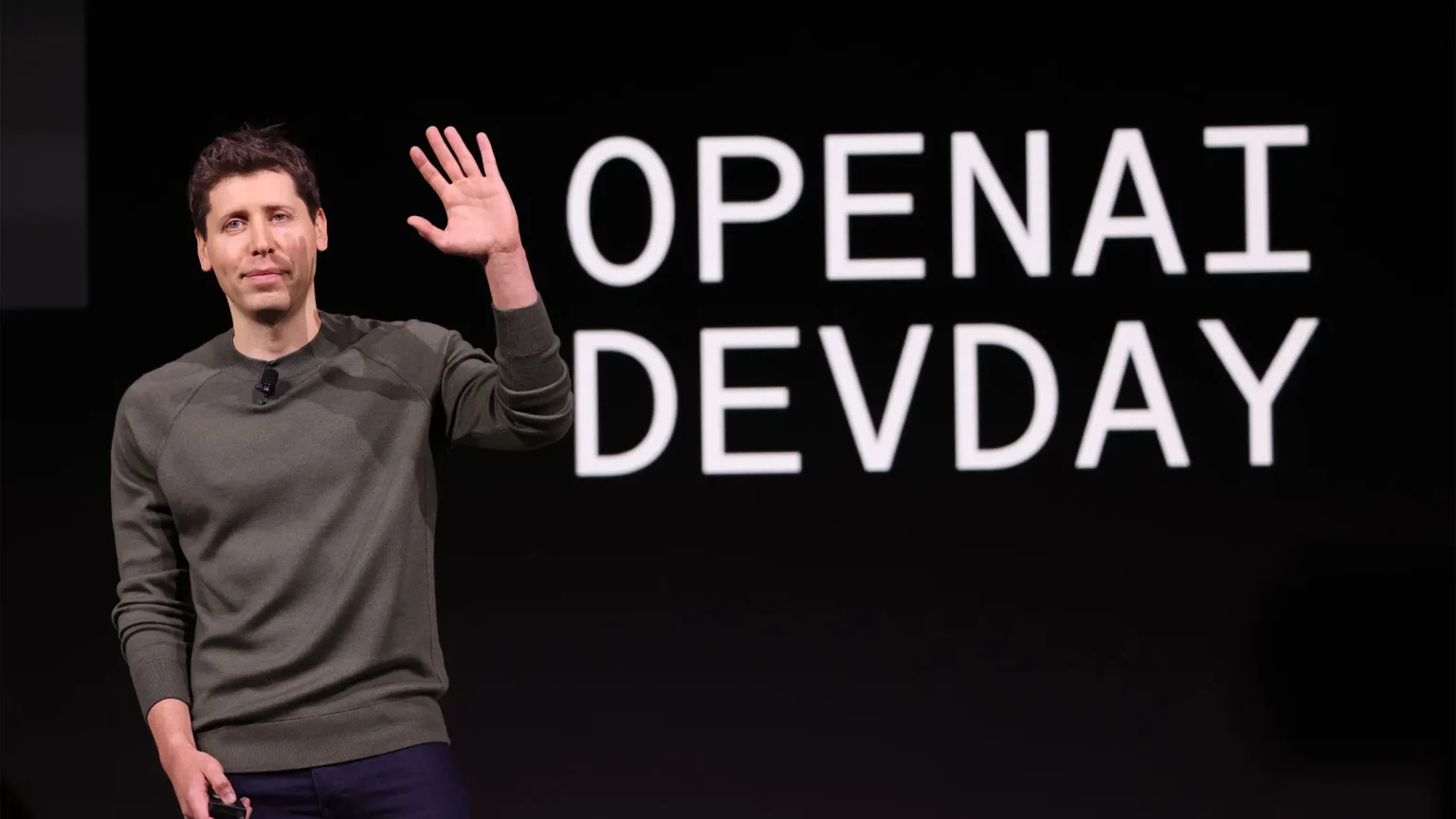Title: OpenAI’s Disturbing Revelation: Over 1 Million ChatGPT Interactions Involve Suicide Discussion Weekly
In a recent disclosure that has shaken the tech community, OpenAI revealed that its AI-driven chatbot, ChatGPT, engages in discussions related to suicide with over one million users every week. This staggering statistic not only highlights the challenges faced by AI in managing sensitive topics but also casts a spotlight on the broader issue of mental health concerns proliferating on digital platforms.
The Revelation
During a routine audit aimed at understanding user interactions and improving AI responses, OpenAI discovered that a significant number of conversations on ChatGPT revolved around themes of suicide and self-harm. The data indicated that over one million distinct users each week either express suicidal thoughts or seek advice related to suicide through their interactions with ChatGPT.
Implications for AI Ethics
This revelation opens up several ethical questions regarding the role of AI in handling sensitive and potentially life-threatening situations. While ChatGPT is programmed to provide supportive responses and guide users to seek professional help, there are inherent limitations to what automated systems can achieve. The nuanced understanding and empathetic response required in such contexts often surpass the capabilities of current AI technology.
Technical Challenges
From a technical perspective, this situation underscores the immense challenge of designing AI that can delicately handle topics like suicide. OpenAI has been actively working to enhance ChatGPT’s ability to detect distress signals from users and respond appropriately. However, the complexities involved in interpreting human emotions and providing meaningful support through text alone are substantial.
Mental Health on Digital Platforms
The findings also bring attention to the broader issue of rising mental health concerns and how they are manifested on digital platforms. The anonymity and accessibility offered by platforms like ChatGPT can make them a refuge for individuals seeking help, often as a last resort or in situations where they feel they cannot talk to anyone else.
Response from Mental Health Professionals
Mental health professionals express both concern and a cautious optimism about AI’s role in addressing mental health. While recognizing the potential benefits of AI in providing immediate responses and breaking down barriers to seeking help, they stress the importance of human oversight. Psychologists emphasize that while AI can play a supportive role, it cannot replace human empathy and the nuanced understanding necessary in mental health treatment.
The Future of AI and Mental Health
Looking ahead, OpenAI is exploring further collaborations with mental health organizations to integrate more effective support mechanisms into ChatGPT. There is also a push for a comprehensive framework to ensure AI systems are equipped, to the best extent possible, with the tools to manage such crucial conversations responsibly.
The Bigger Picture
This development poses important questions about the integration of AI into everyday life and its impact on societal issues, including mental health. As AI becomes more ingrained in our daily interactions, setting robust ethical guidelines and continuously improving the emotional intelligence of AI systems will be paramount.
Conclusion
OpenAI’s revelation serves as a critical reminder of the ongoing challenges at the intersection of technology and mental health. It highlights the urgent need for advanced research, thoughtful implementation of AI tools, and a balanced discourse between technological possibilities and their ethical implications. As we move forward, the goal should be to leverage AI’s potential while safeguarding and enhancing human welfare.








